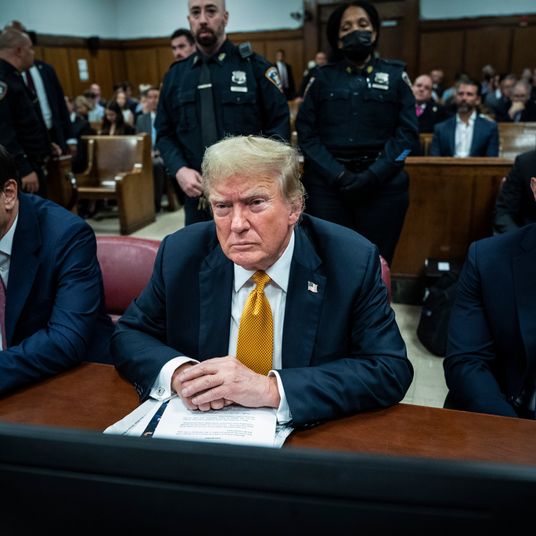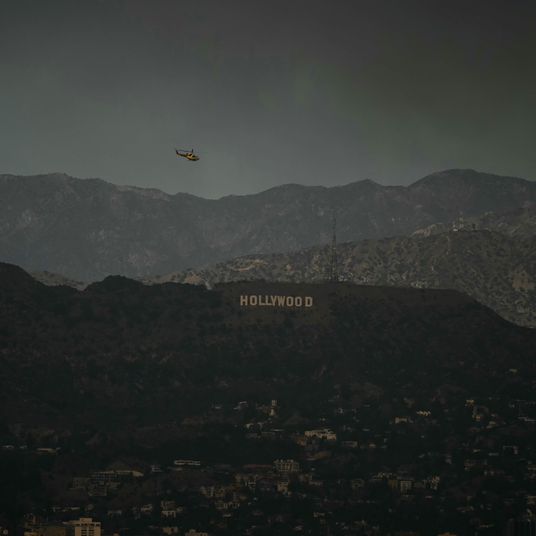The good news for same-sex-marriage advocates is that the Senate Democrats in Albany have agreed to vote on the bill — at least by the end of the year. Whether the legislation will pass is a different story. What happened yesterday was the culmination of mounting tensions between the advocates, who have been demanding a vote, win or lose, and Democrats, who didn’t want their members exposed to political risk only to have gay marriage defeated.
Since the Assembly passed the bill this summer, Senate Democrats have been biding time, assuring advocates they’d eventually secure the 32 votes necessary for passage. Frustrated by the lack of progress, gay-rights groups lost their patience in recent weeks. Democrats, they feared, were never going to take up the measure without committing to a vote. And they’d rather see the bill fail — which would at least allow them to nail down who’s on their side and who’s not — than enter into an election year with no action at all.
And after pouring millions of dollars toward helping Democrats take over the Senate, activists weren’t about to let the Democrats off the hook. “If the Democratic leadership does not call up this bill for a vote, there’s going to be hell to pay. The gay community is going to walk away en masse,” says Ethan Geto, a prominent Democratic gay activist. “They’re going to lose a fortune in fund-raising.”
On Tuesday, Senate leader John Sampson buckled to the pressure, guaranteeing a vote by the end of the year. Governor David Paterson said last night that the vote could come as early as Tuesday, but Democrats are likely to try to push that back to December. (Sampson says he’ll first need to break an impasse with the Assembly and Paterson over a deficit-reduction plan.) The latest head counts aren’t encouraging. Gay-marriage lobbyists, who had been spreading word that they had locked down 27 Democrats, got word from lawmakers on Tuesday that the figure was between 22 and 25. The three or four Republican votes that Democrats had banked on weren’t materializing, either.
The resistance on the Democratic side is political and ideological. Democrats who represent marginal districts, like David Valesky, Bill Stachowski, Brian Foley, Darrel Aubertine, and Joseph Addabbo Jr. (the primary beneficiaries of gay-rights fund-raising), have tried to put off the vote out of fear it would jeopardize their seats. Older members, like Ruth Hassell-Thompson, George Onorato, Shirley Huntley, and most vehemently, Ruben Diaz Sr., said they were against gay marriage, period.
The Democrats in charge — first Malcolm Smith and now John Sampson — have resisted twisting arms, despite the promises made to the gay community. Tellingly, Smith and Sampson, who represent outer-borough districts with a large population of churchgoing African-Americans, never supported gay marriage until they assumed their leadership posts. Republicans, meanwhile, have aimed to maximize the Democratic risk, signaling they would supply three or four votes, but only if Democrats came through with 29 or 30.
Despite the hurdles, Democrats say they can still improve those numbers. Republicans say the bill doesn’t have a chance. For the gay-rights community, it’s a long shot they’re willing to make.





























